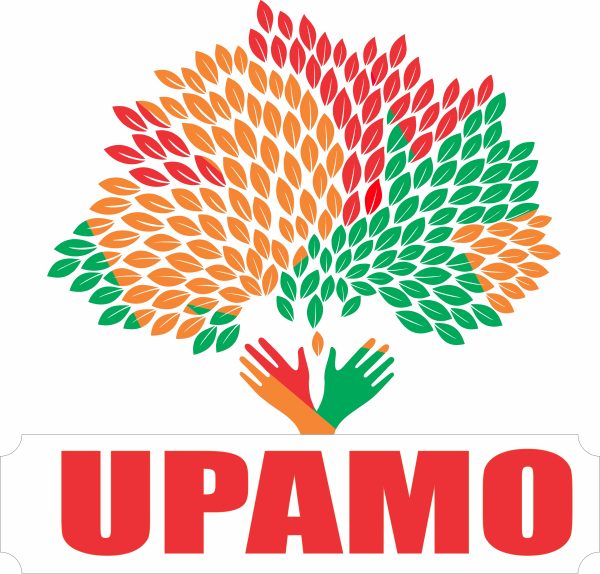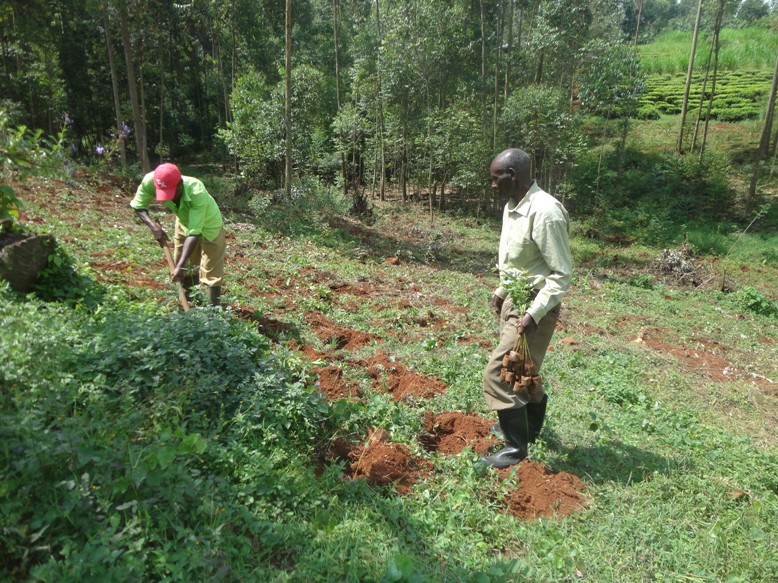Promotion of Climate Smart Agriculture
To address this exceptionally high food and nutrition insecurity, UPAMO uses climate smart and nutrition-sensitive agriculture practices and community led total sanitation (CLTS) approach.


Overview of the project
Six in every 10 households eat two non-nutritious meals a day. The average monthly household consumption per capita is a dismal $0.04 per person per day. While 48% of children in the region are deprived of food; 16% of children in poor households eat less than two meals a day.
This deplorable situation is primarily attributed to: low productivity of subsistence farming, limited income with which to buy food from the market, limited awareness of nutrition, poor sanitation and hygiene practices, increased environmental degradation, and high population growth rates.
To address this exceptionally high food and nutrition insecurity, UPAMO uses climate smart and nutrition-sensitive agriculture practices and community led total sanitation (CLTS) approach. A study will be conducted to assess the knowledge, attitudes and practices regarding nutrition, WASH practices and family planning to guide interventions. The knowledge and skills of its extension staff and peer trainers (Lead Farmers, paravets, and community health frontline advisors) will be enhanced to enable them to support families to:
- Plan what nutritious food to produce;
- Integrate local poultry, fruits and green vegetables through kitchen gardening;
- Adopt open defecation free communities; and
- Promote green villages through tree planting, apiary production, and use of energy saving technologies.
Finally, linkages will be built with local health facilities to conduct community-based nutrition, family planning and child care trainings and awareness raising and distribution of micronutrient supplementation and deworming.
Increased production and consumption of diversified foods in hygienic homes.
Pilote operation, experimentation
03/01/2022-02/28/2022
Awaiting information.
- Planned what nutritious food to produce;
- Integrated local poultry, fruits and green vegetables through kitchen gardening;
- Adopted open defecation free communities; and
- Promoted green villages through tree planting, apiary production, and use of energy saving technologies.
Through internally generated funds
organisation
• Pillar 1: Sustainable Agriculture for more production and consumption of diversified foods;
• Pillar 2: Inclusive market participation for decent employment in strategic agribusiness and vocational labor markets;
• Pillar 3: Voice and accountability for responsive and people-centered decentralized local governance; and
• Pillar 4: UPAMO organizational development to strengthen UPAMO’s operational capacity and financial base.
- County Government of Kisii through CEC ministry of Agriculture
- 10 Women Groups in kisii Central





